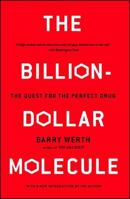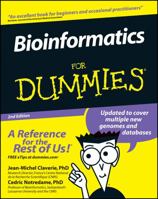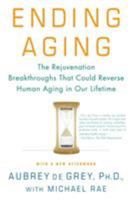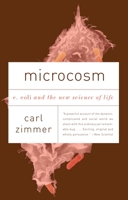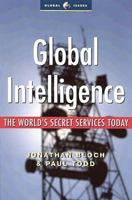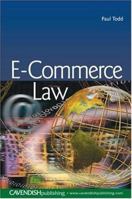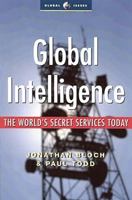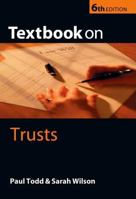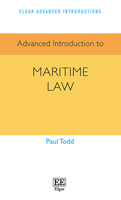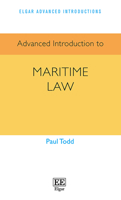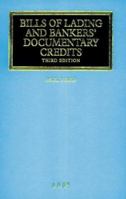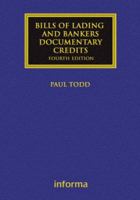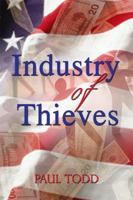Bioseparations Science and Engineering (Topics in Chemical Engineering (Oxford University Press).)
Select Format
Select Condition 
You Might Also Enjoy
Book Overview
Designed for undergraduates, graduate students, and industry practitioners, Bioseparations Science and Engineering fills a critical need in the field. Current, comprehensive, and concise, it covers bioseparations unit operations in greater depth than other texts on this topic. In each of the chapters, the authors use a consistent method of explaining unit operations, starting with a qualitative description noting the significance and general application of the unit operation. They then illustrate the scientific application of the operation, develop the required mathematical theory, and finally, describe the applications of the theory in engineering practice, with an emphasis on design and scaleup. Unique to this text is a chapter dedicated to bioseparations process design and economics, in which a process simular, SuperPro Designer(R) is used to analyze and evaluate the production of three important biological products. Other unique features include basic information about bioproducts and engineering analysis and a chapter with bioseparations laboratory exercises. Bioseparations Science and Engineering is ideal for students and professionals alike. Features
BL Incorporates numerous example problems within the chapters
BL Offers extensive sets of problems at the end of chapters
BL Includes basic information about bioproducts
BL Provides thorough coverage of analytical methods for bioproducts
BL Uses the simulation software SuperPro Designer(R) to illustrate the analysis and evaluation of the production of citric acid, recombinant human insulin, and monoclonal antibodies
BL Includes laboratory exercises that support text material
BL Accompanied by a solutions manual available to instructors who adopt this text
BL Supplemented by a website (www.biosep.ou.edu) with new problems and examples and links to useful databases and manufacturers of bioseparations equipment and supplies
BL Incorporates numerous example problems within the chapters
BL Offers extensive sets of problems at the end of chapters
BL Includes basic information about bioproducts
BL Provides thorough coverage of analytical methods for bioproducts
BL Uses the simulation software SuperPro Designer(R) to illustrate the analysis and evaluation of the production of citric acid, recombinant human insulin, and monoclonal antibodies
BL Includes laboratory exercises that support text material
BL Accompanied by a solutions manual available to instructors who adopt this text
BL Supplemented by a website (www.biosep.ou.edu) with new problems and examples and links to useful databases and manufacturers of bioseparations equipment and supplies
Format:Hardcover
Language:English
ISBN:0195123409
ISBN13:9780195123401
Release Date:October 2002
Publisher:Oxford University Press, USA
Length:432 Pages
Weight:1.55 lbs.
Dimensions:1.1" x 9.4" x 7.3"
More by Paul Todd
Customer Reviews
5 customer ratings | 5 reviews
There are currently no reviews. Be the first to review this work.











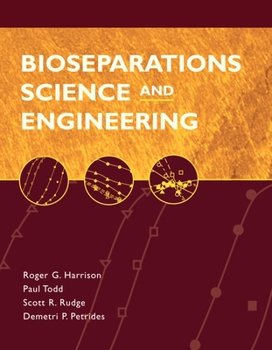


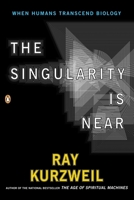

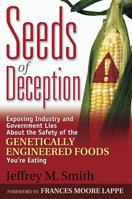


![Introduction to Kinesiology: Studying Physical Activity [with Web Study Guide Access Code]](https://i.thriftbooks.com/api/imagehandler/s/80D4399AB9FBC5659A82F3E205FDFD62651F6C7B.jpeg)


